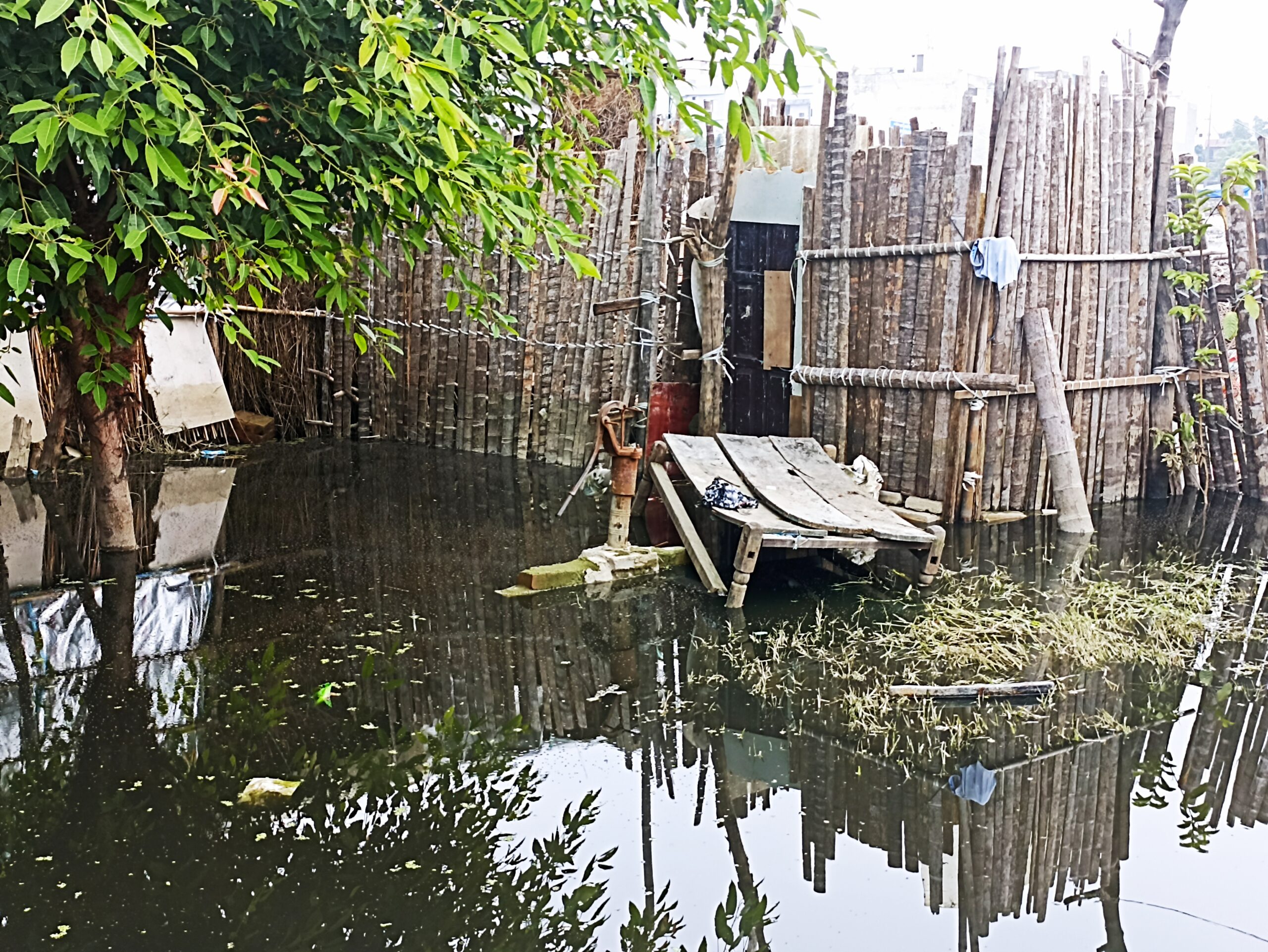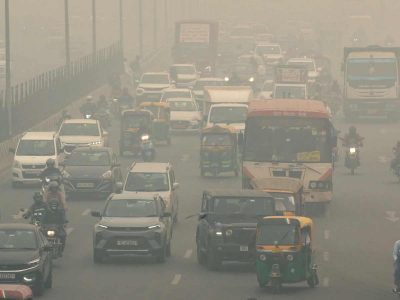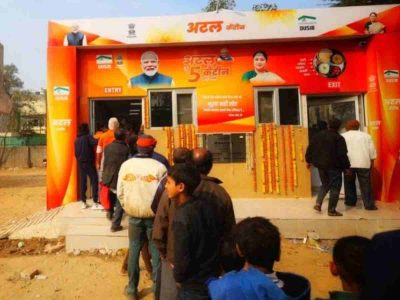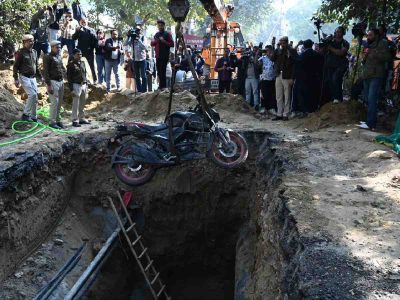During a court session on Monday, the Delhi government informed the high court that it has implemented measures to assist those affected by the recent flooding of the Yamuna river. The counsel representing the government, appearing before Chief Justice Satish Chandra Sharma and Justice Saurabh Banerjee, presented that the government has decided to grant Rs 10,000 as financial aid to each affected family and has provided shelter for them.
The bench asked the government to submit a status report on the relief efforts and scheduled further hearings for September 13. Standing counsel Santosh Kumar Tripathi, representing the Delhi government, expressed strong reservations against the petition, stating that it was filed without proper research or prior engagement with the authorities, and suggested that it inaccurately portrayed the situation.
The heavy rainfall in the upper catchment areas of the Yamuna river, including Himachal Pradesh, Uttarakhand, and Haryana, led to the river rising to historically high levels this month. On July 13, the water level reached 208.66 meters, surpassing the previous record set in September 1978. The floods caused breaches in embankments and significant displacement within the city.
The petitioner, Akash Bhattacharya, a former assistant professor at Azim Premji University, claimed in the plea that approximately 25,000 people were affected by the floods, with their livestock facing extreme conditions at relief camps, lacking proper sanitation facilities and sufficient food.
The plea, filed through advocate KR Shiyas, urged the court to declare this flood as a natural disaster under the National Disaster Management Authority Act. It also requested the Delhi government to appoint a nodal officer to assess the losses incurred during the flood and conduct surveys of the victims in every camp, providing immediate financial assistance of Rs 50,000 to those who lost their belongings and shelter.
Additionally, the plea sought a directive for the state authorities to take immediate action in offering free ration, medical assistance, sanitary facilities, and essential medicines to prevent post-flood health issues and waterborne diseases.
(With PTI inputs)





